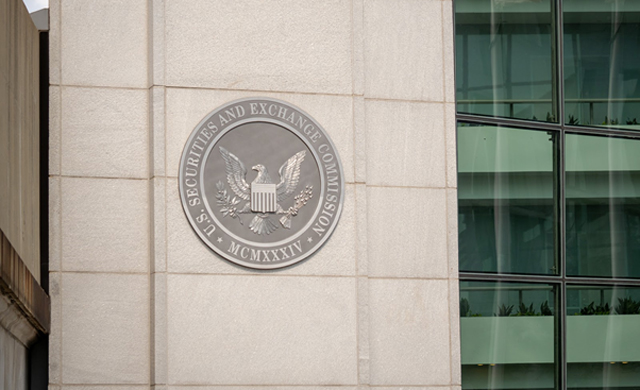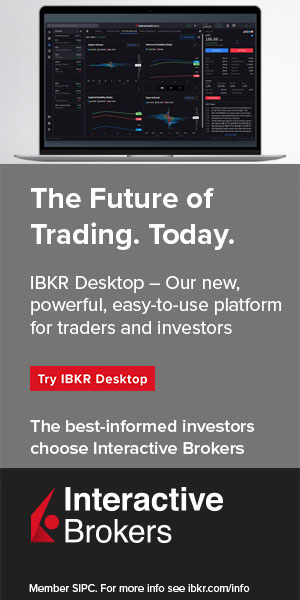In a way, this is a volatile time for cryptocurrency. Specifically, exchanges that offer cryptocurrency derivatives and other related services are often in the hot seat as regulators crack down on looser activities that could facilitate money laundering.

Sure, there’s more common buy-in from investors, including the “whales” that tend to set the course. Sure, governments are warming up to different kinds of blockchain initiatives. But crypto, and crypto derivatives in particular, continue to suffer from a general ambiguity when it comes to how these new assets are taxed and regulated.
Just take the example of BitMex, which was a highly regarded exchange up until recently, where CEO Arthur Hayes is now facing prison time (along with colleagues) and investigators are detailing how the company’s laissez-faire attitude led to previous liabilities both financial and legal.
But BitMex isn’t the only target of the regulators’ fire. Even more established platforms like Binance, which is finally starting to block U.S. users this fall due to specific U.S. regulations, are being criticized as having weak KYC.
“The move (to ban Americans) comes more than a year after Binance first announced in July 2019 that it would stop serving U.S. residents from September of that year,” writes Yogita Khatri at The Block. “Until now, the exchange was still effectively allowing U.S. users to access its platform. As The Block reported recently, a U.S. resident just had to click “I’m not [American]” to set up an account on Binance.com. It remains possible to create an account in this fashion. Binance is now sending emails to U.S. residents based on their IP addresses in what appears to be a significant step toward enforcing its previously announced blockade of such users.”
Khatri and others note how the BitMex affair has had a real chilling effect on blockchain creativity. Operators are wondering: if BitMex was that vulnerable, are we safe? Regulatory agencies, for their part, are feeling aggressive: new initiatives from both sides of the Atlantic show how forward-thinking governments want to stave off potential problems with ubiquitous crypto trading. The UK’s Financial Conduct Authority even wants to ban all crypto derivatives, according to some reports.
As a result, these exchanges, some of which have rested on their laurels for a while, are scrambling to tighten up their practices.
“The industry’s KYC free days are coming to a close,” said one analyst in a recent press statement, observing the frenzy created by the idea that regulators will not any more abide platforms that can facilitate money laundering in any of its nefarious forms. But crypto itself is in some ways inherently hard to regulate. Can it be done?
A Safe Harbor for Crypto Derivative
If you read these headlines related to the above travails of BitMex and despair, there are some bright lights within the industry right now that can restore your faith in being able to trade Bitcoin futures and options, and more.
Currency.com bills itself as ‘the world’s first regulated crypto currency derivatives exchange’ and it brings the goods to back that up. Analysts explain that safe and appropriate use of crypto derivatives allows traders to navigate volatility in the crypto currency market. Users can even engage in margin trading, in a way that doesn’t roil the rule-makers.
In other words, it’s just like any other area of finance in the sense that you’re able to place more sophisticated trades to hedge your net positions. That’s not a problem in and of itself. The regulators are asking operators, though, to adhere to key standards around licensing.
The key is that unlike some of the gray-hat exchanges now under the magnifying glass, Currency.com has its operations licensed and ready to go. Trading options rely on an established ecosystem that goes by the book, and satisfies the regulatory requirements that are so important in this industry. Other operators are also doing well; for example,Coinbase proved how the exchange handles dozens of regulatory inquiries through the use of proactive transparency reports, showing others that it can be done.
The Promise of Asset Tokenization
In addition, Currency.com and other responsible platforms are branching out into various kinds of asset tokenization where a digital asset stands in for some underlying value asset.
Many have talked about the vast potential for asset tokenization in everything from real estate and commodities to things like exchange traded funds and cryptocurrency trading options more directly connected to real-time market trading.
Again, though, what these rely on is an environment that’s safe and consistent – that’s immune to all of the criticisms from detractors and the efforts of regulators to come in and clean house. With all of the on-ramps offered by a platform like Currency.com, it’s easy for a trader to get involved and craft a crypto strategy for the road ahead.


 Hot Features
Hot Features













